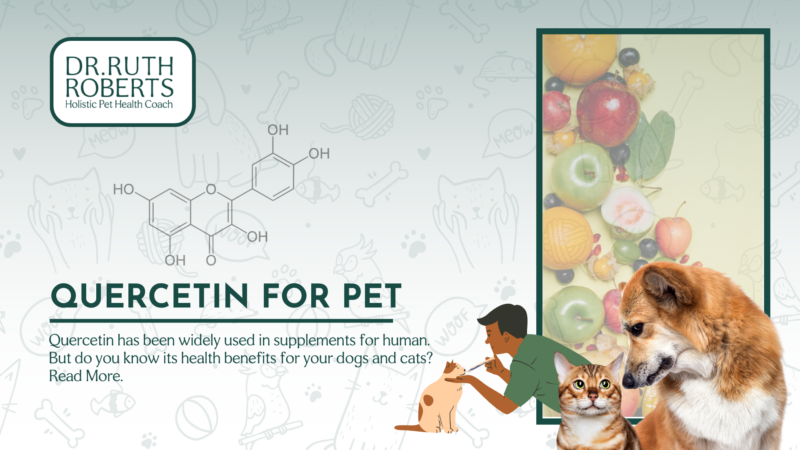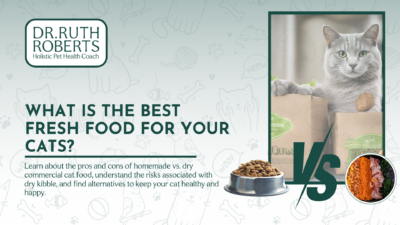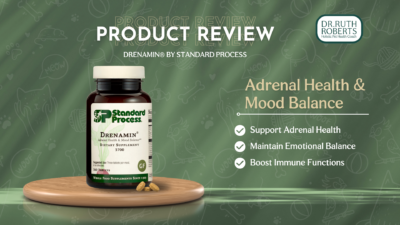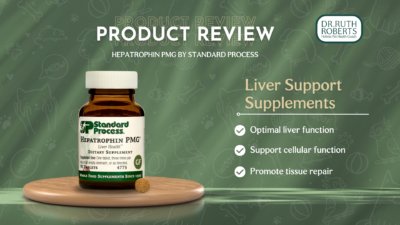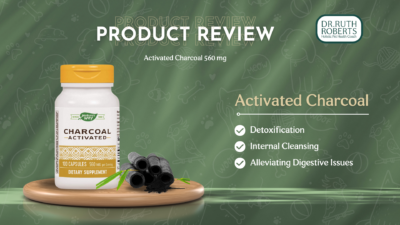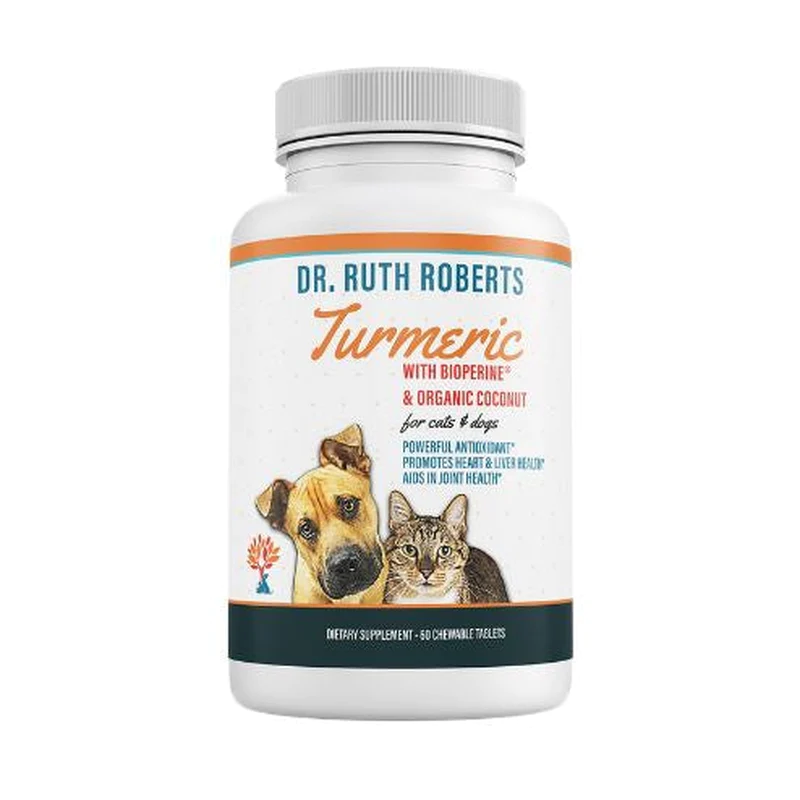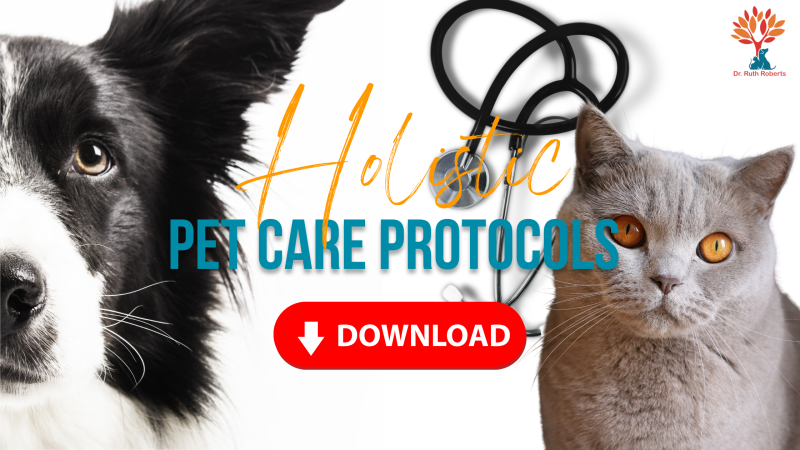Quercetin Health Benefits for Dogs and Cats
Quercetin is a flavonoid, which is a type of plant pigment that gives many fruits, vegetables, and flowers their vibrant colors. It is primarily found in natural sources like vegetables, with onions being one of the most extensively researched quercetin-rich foods, along with broccoli. Additionally, quercetin is present in fruits such as apples, various berries, and grapes, as well as certain herbs, tea, and wine. This powerful antioxidant helps combat harmful free radicals in the body, which can lead to inflammation and damage to cells. While humans have long benefited from the potential health advantages of quercetin, its use for pets, particularly dogs and cats, is a topic of growing interest

For pets, it’s important to note that the source of quercetin comes from safe ingredients. Onions and grapes, for instance, are not suitable sources of quercetin for pets, as they can be harmful to them. A good source of quercetin commonly used in supplements for pets is derived from natural plant-based ingredients like apples, citrus fruits, and berries. These sources are rich in quercetin and are safe for pets when provided in appropriate amounts. Let’s explore more on the potential health benefits of quercetin for your dogs and cats.
Anti-Inflammatory Properties
One of the key benefits of quercetin is its anti-inflammatory effect. Inflammation can occur in pets due to a variety of reasons, including allergies, arthritis, or digestive issues. By incorporating quercetin into their diet, pet owners hope to mitigate these symptoms and improve their overall comfort and mobility.
Researchers conducted an experiment using a substance called Rv-PEM 01-99, which contains a component derived from quercetin. They gave this substance to two groups of cats: one group of healthy cats and another group with obesity. They gave it in a dose of 100–120 milligrams per kilogram of body weight per day (which is equivalent to 2.5 — 3.0 milligrams of quercetin per kilogram of body weight per day) for a period of four weeks. The result is:
- The substance with the quercetin component helped reduce the levels of a marker called serum amyloid A (SAA), which is a sign of inflammation. This reduction was observed in both the healthy cats and the cats with obesity.
- In the cats with obesity, there were noticeable decreases in the levels of total cholesterol in their blood, as well as lower activities of enzymes called AST and ALT. These changes occurred after the cats received the substance with quercetin.
Allergy Relief
Quercetin has shown promise in reducing allergic reactions in pets. It acts as a natural antihistamine. It can be particularly beneficial for animals prone to allergies triggered by pollen, dust mites, or certain foods. Quercetin has the ability to limit the production of substances that trigger allergic reactions. It does this by blocking the release of certain chemicals from mast cells. This is why quercetin may help alleviate symptoms like itching, sneezing, and watery eyes. Animal studies conducted in rats showed that more than 25% of the absorbed quercetin is localized in the lung tissue, an added benefit to combat allergy and associated asthma.
You may come across supplements that include Quercetin as an ingredient, which is known for its allergy-fighting properties. This is precisely why we have incorporated Hista Paws into our comprehensive Allergy Support Protocols as it provides a natural and effective way to manage allergic reactions in pets.
Cardiovascular Support
Quercetin exhibits potential as a therapeutic aid for blood pressure. Its vasodilatory, antioxidant, and anti-inflammatory properties work synergistically to benefit cardiovascular health. By relaxing blood vessels, quercetin facilitates improved blood flow and reduces resistance in arteries. Acting as a potent antioxidant, it combats harmful free radicals, protecting blood vessels from oxidative stress and potential damage. Research has shown that administering quercetin supplementation to hypertensive animals and humans (with systolic blood pressure >140 mm Hg and diastolic blood pressure >90 mm Hg) results in a decrease in blood pressure.
Immune System Boost
Quercetin’s anti-inflammatory profile helps to mitigate any health risk by influencing how immune cells are recruited to the affected area. Essentially, quercetin helps to modulate the immune system’s response, ensuring that immune cells are directed appropriately to the site of injury or irritation. Not only that, Quercetin’s antioxidant properties can help support a robust immune system in pets. This is particularly important for aging animals or those with weakened immune systems. A strong immune system can aid in fighting off infections and illnesses.
Cognitive Health
A study revealed that quercetin can enhance cognitive function in animals. This implies that it may contribute to improved memory, learning abilities, and overall mental acuity. Moreover, quercetin has emerged as a potential natural defense against neurodegenerative conditions, including Alzheimer’s disease (AD).
In experiments involving animals with conditions resembling AD, quercetin exhibited a protective effect on their brains. This suggests that it may play a role in mitigating cognitive decline associated with such disorders.
While further research is necessary to fully understand the extent of quercetin’s impact on pet cognitive health, these initial studies provide encouraging insights into its potential as a natural compound with neuroprotective properties. Integrating quercetin-rich foods or considering it as a supplement may offer a proactive approach to supporting cognitive well-being in pets.
Incorporating Quercetin into Your Pet's Diet
Quercetin supplements for pets are typically available in various forms, including capsules, powders, or chewable tablets. Additionally, many natural pet food brands are now incorporating quercetin-rich ingredients like apples, berries, and leafy greens into their formulas. While the promising advantages of quercetin for dogs and cats are noteworthy, it’s crucial to bear in mind that each pet is distinct. What proves effective for one may not yield the same results for another, emphasizing the necessity for expert advice.
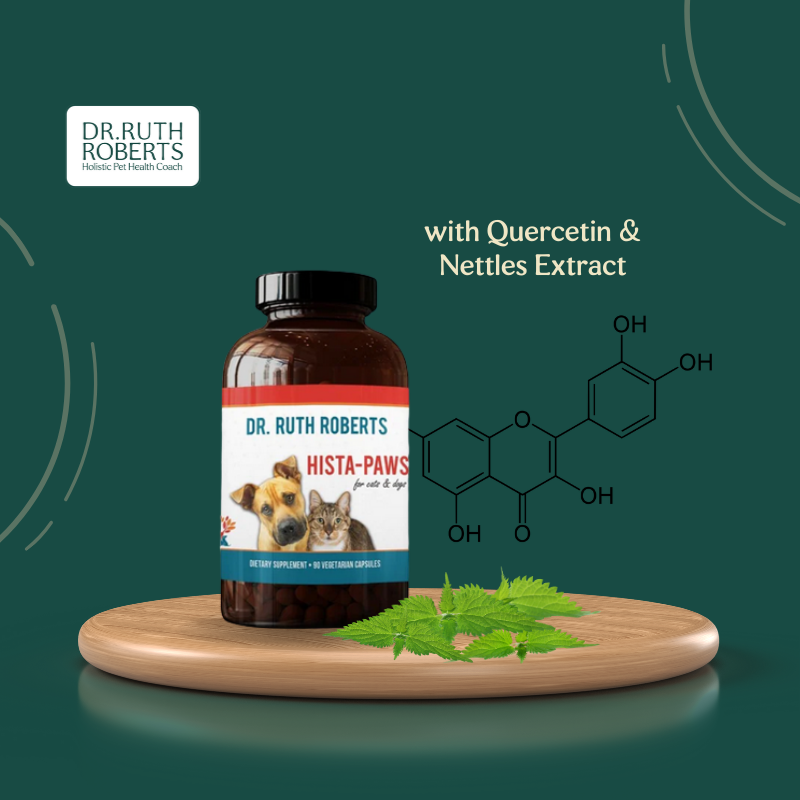
With a well-informed approach and under the supervision of a holistic vet or a certified holistic pet health coach, integrating quercetin into your pet’s health routine has the potential to be a beneficial inclusion, enhancing their overall well-being and contentment.
FAQ on Quercetin Health Benefits for Pet
Quercetin supplements can promptly relieve your dog’s or cat’s itching. Administer it through whole foods or supplements, but don’t give it more than twelve weeks at a time.
In high doses, quercetin can lead to digestive upset. It’s best to consult a vet for proper dosage.
The timeframe for noticing improvements in your pet’s itchiness after administering quercetin can vary. Some pets may show relief within a few days, while others may take a couple of weeks.
Quercetin’s benefits can apply to various breeds and conditions, especially those prone to allergies or inflammation.

